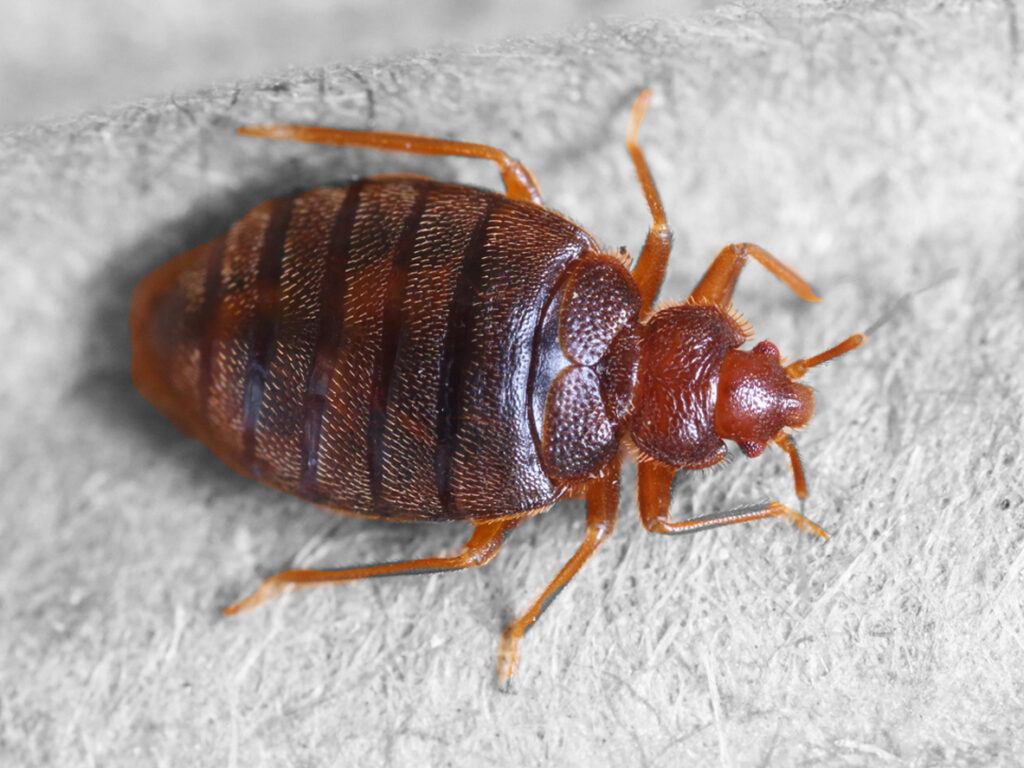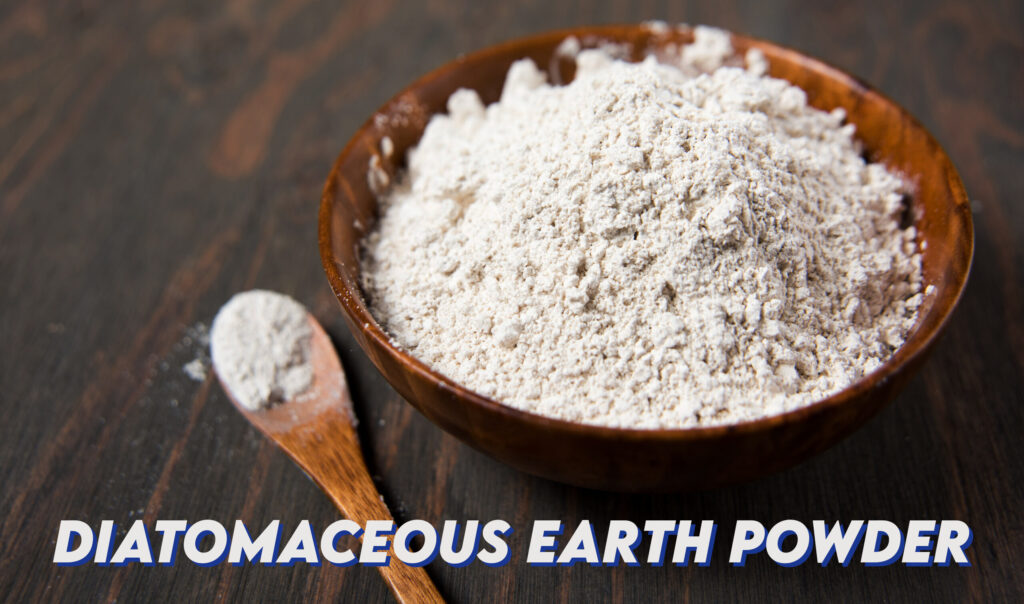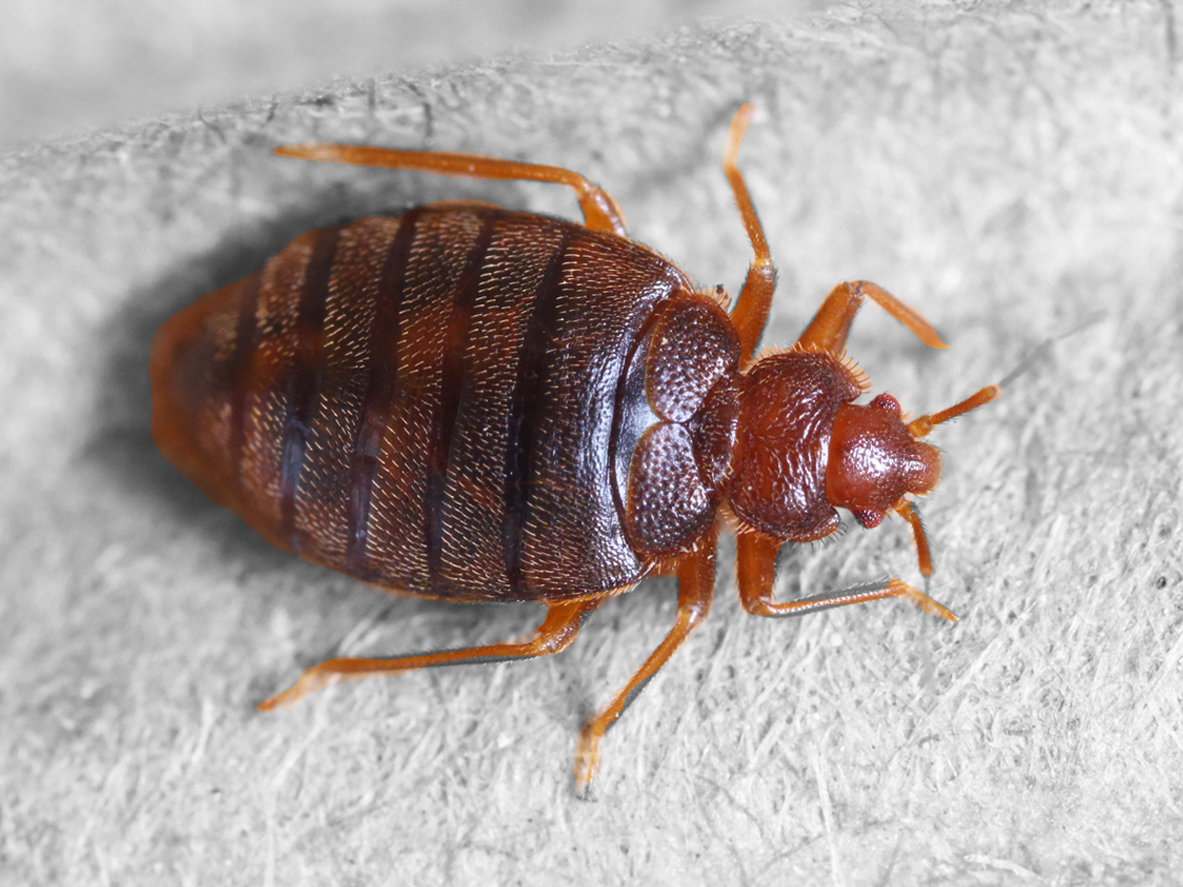Bed bugs are a common and persistent problem that affects millions of households worldwide. These tiny, elusive pests feed on human blood and can cause a range of issues, from itching and irritation to more severe allergic reactions. Knowing how to get rid of bed bugs permanently at home is essential to maintaining a comfortable and healthy living environment. In this article, we’ll explore effective home remedies and tips to help you eliminate bed bugs in one day, prevent future infestations, and enjoy a bug-free sleep.

Identifying Bed Bug Infestations:
The first step in getting rid of bed bugs permanently is accurately identifying their presence in your home. Bed bugs are nocturnal, which means they’re most active at night and can be difficult to spot during the day. Common signs of bed bug infestations include:
- Small, reddish-brown bugs (about the size of an apple seed).
- Tiny, dark fecal spots on bedding, mattresses, or nearby walls.
- Shed skins and eggshells.
- Unexplained itchy, red welts on your skin.
- Bed bugs often hide in the seams, folds, and crevices of mattresses, box springs, and bed frames. They can also be found in pillows, duvets, and other bedding materials. Regularly inspect your sleeping area to catch infestations early.
Preventative Measures:
Prevention is key when it comes to keeping bed bugs at bay. Some practical steps to reduce the likelihood of bed bug infestations include:
- Washing and drying all bedding, including sheets, pillowcases, and blankets, at high temperatures (at least 50°C or 120°F) to kill bed bugs and their eggs.
- Using mattress encasements and bed bug interceptors to make it harder for bugs to access your bed.
- Reducing clutter and sealing cracks or crevices in your home’s walls and baseboards to eliminate hiding spots
Home Remedies to Get Rid of Bed Bugs:
Natural Treatments:
Diatomaceous Earth: Diatomaceous earth is a natural, non-toxic substance that kills bed bugs by damaging their exoskeletons. To use diatomaceous earth effectively, apply a thin layer around your bed, along baseboards, and in any cracks and crevices where bed bugs might be hiding. You can also sprinkle it on your mattress and box spring. Reapply every few days until you no longer see signs of bed bugs.

Baking Soda: Baking soda is another natural remedy that can help in the fight against bed bugs. It works by absorbing the moisture from the bed bugs’ bodies, causing them to dehydrate and die. Sprinkle baking soda around your bed, on your mattress, and in any hiding spots. Vacuum the area after a few days and reapply as needed. Keep in mind that while baking soda can help control bed bugs, it may not be as effective as other methods.
Essential Oils: Some essential oils, such as Tea tree, Lavender, and Eucalyptus have been found to repel or even kill bed bugs. Mix a few drops of your chosen essential oil with water in a spray bottle, and apply it to your mattress, bedding, and any other areas where bed bugs may be hiding. Keep in mind that essential oils alone may not be enough to completely eradicate an infestation, but they can help when used in combination with other methods.
Heat Treatments:
Washing and Drying Bedding at High Temperatures: Washing your bedding, clothes, and other fabrics in hot water (at least 50°C or 120°F) can help kill bed bugs and their eggs. After washing, dry these items on the highest heat setting for at least 30 minutes to ensure that any remaining bed bugs are eliminated.
Using a Steam Cleaner: Steam cleaning is an effective method for killing bed bugs on contact. A high-temperature steam cleaner can penetrate mattresses, furniture, and carpets, reaching bed bugs hidden in hard-to-reach places. Be sure to use a steamer with a minimum temperature of 70°C or 160°F and move slowly across the surfaces to ensure thorough treatment.
Cold Treatments:
Freezing infested items can be an effective way to kill bed bugs, as they cannot withstand extreme cold temperatures. Place items like clothing, bedding, or small pieces of furniture in sealed plastic bags and put them in a freezer set at -17°C or 0°F or below for at least four days. Be aware that this method may not be suitable for delicate items that could be damaged by freezing.
Vacuuming and Disposing of Vacuum Bags Properly:
Regularly vacuuming your mattress, box spring, bed frame, and surrounding areas can help remove live bed bugs, eggs, and shed skins. Make sure to use a vacuum cleaner with a HEPA filter to prevent bed bugs from escaping. After vacuuming, seal the vacuum bag in a plastic bag and dispose of it outside your home.
Tips for a Bug-Free Sleep:
To prevent bed bug bites and ensure a good night’s sleep, follow these tips:
- Use bed bug-proof mattress and pillow encasements to create a barrier between you and any lingering pests.
- Apply insect repellent containing DEET or other proven ingredients on your exposed skin before bedtime.
- Place bed bug interceptors under the legs of your bed to trap any bugs trying to crawl up.
- Keep your bedroom clean and clutter-free, as this reduces potential hiding spots for bed bugs.
When to Call a Professional:
In some cases, despite your best efforts, you may need professional help to get rid of bed bugs permanently. If you’re unable to eliminate the infestation on your own or if the problem persists, consider contacting a professional pest control company. They have access to specialized equipment and treatments that can effectively eradicate bed bugs and their eggs.
Answering Frequently Asked Questions:
Q: What kills a bed bug instantly?
A: High heat and steam can kill bed bugs instantly. Chemical treatments, such as insecticides, can also kill bed bugs quickly but may not be as safe as natural alternatives.
Q: What kills bed bugs permanently naturally?
A: Diatomaceous earth and essential oils can help kill bed bugs and their eggs. Regular cleaning and preventative measures can help keep bed bugs from returning.
Q: What draws bed bugs out?
A: Bed bugs are attracted to the carbon dioxide we exhale and our body heat. Interceptor traps and bed bug lures can be used to draw them out of their hiding spots.
Q: What do bed bugs absolutely hate?
A: Bed bugs are repelled by certain essential oils, such as tea tree, lavender, and eucalyptus. They also dislike extreme temperatures, so heat and cold treatments can be effective in dealing with infestations.
Q: What kills bed bugs and their eggs?
A: High heat, steam, and chemical insecticides can kill both bed bugs and their eggs. Natural treatments like diatomaceous earth can also help eliminate them.
Q: What is the strongest bed bug killer?
A: Professional-grade insecticides, such as pyrethroids and neonicotinoids, can be very effective against bed bugs. However, they should be used with caution and according to the manufacturer’s instructions.
Q: How do you stop bed bugs from biting you at night?
A: Use bed bug-proof mattress and pillow encasements, wash your bedding regularly, and apply essential oils known to repel bed bugs. Maintaining a clean and clutter-free environment can also help reduce the chances of bed bug bites.
Q: What kills bed bugs on mattress?
A: Steam cleaning, diatomaceous earth, and essential oil sprays can help kill bed bugs on mattresses. In severe cases, you might need to use a chemical treatment or even consider discarding the mattress.
Q: Where should I sleep if I have bed bugs?
A: If possible, avoid sleeping in the infested room until the bed bugs have been eradicated. Sleeping elsewhere may slow the spread of the infestation to other parts of your home.
Q: Does Vicks Vapor Rub repel bugs?
A: Vicks Vapor Rub contains camphor and menthol, which can repel some insects, but there is limited evidence to suggest that it is effective against bed bugs.
Q: Do bed bugs live in pillows?
A: Bed bugs can infest pillows, especially if the infestation is severe. Use bed bug-proof pillow encasements and wash them regularly to prevent bed bugs from nesting in your pillows.
Q: What attracts bed bugs to you at night?
A: Bed bugs are attracted by the carbon dioxide you exhale and your body heat. They also prefer environments with a higher humidity level.
Q: Does vacuuming your mattress get rid of bed bugs?
A: Vacuuming your mattress can help remove live bed bugs, eggs, and shed skins, but it may not eliminate the entire infestation. Combining vacuuming with other treatments, such as steam cleaning and diatomaceous earth, can be more effective.
Q: Do bed bugs live in duvets?
A: Bed bugs can live in duvets, but they prefer to hide in seams, folds, and crevices. Regularly washing and drying your duvet at high temperatures can help kill any bed bugs that may be hiding there.
Getting rid of bed bugs permanently can be challenging, but with the right home remedies and preventative measures, it’s possible to achieve a bug-free sleep. Regular inspections, thorough cleaning, and the use of natural treatments like diatomaceous earth and essential oils can help you eliminate these pests and prevent future infestations. If you continue to struggle with bed bugs, don’t hesitate to seek professional assistance to ensure your home remains safe and comfortable for you and your family.


[…] vacuum cleaner could double as an affordable bed bug exterminator? Well, we did! To get rid of bed bugs on a tight budget, vacuum your mattress, bed frame, carpets, and any upholstered furniture […]